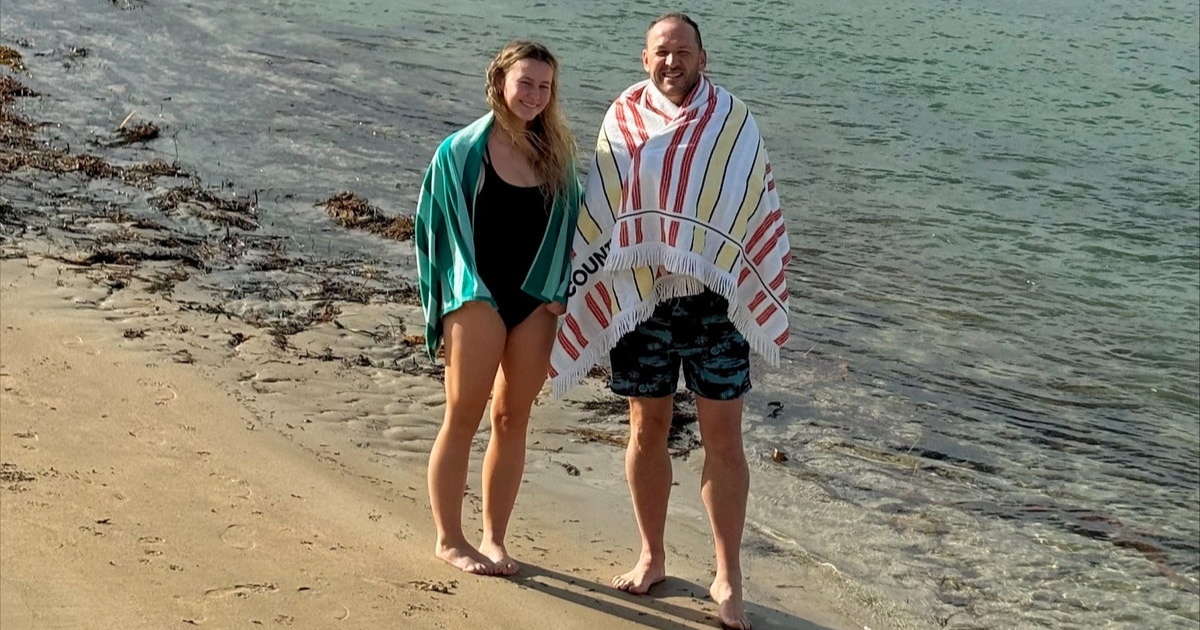Community responds to flying fox initiative amid “starvation event”

Wildlife and vet nurse Leila Merritt is leading the charge in caring for injured and abandoned flying foxes. Photos: VINNIE VAN OORSCHOT
AN OCEAN Grove vet and wildlife nurse is urging locals to use correct fruit netting as an endangered Australian species faces a “starvation event” across the country.
Leila Merritt, who has cared for flying foxes for 10 years, says a lack of natural fruits across the country is causing flying foxes to feed on residential crops, where they are becoming entangled and injured in illegal netting, forcing them to abandon their young.
Ms Merritt is presently raising more than 40 pups and caring for 13 adult flying foxes that have been caught in illegal netting.
The adults will soon be released in Melbourne’s Yarra Bend, where the state’s largest flying fox colony resides.

“We’re seeing a lot of habitat loss for flying foxes, something we as humans have done over time, but also the heavy rain in Queensland is washing off the nectar from blossoms in trees,” Ms Merritt said.
“This is why flying foxes migrate each year to Victoria for summer, it’s cooler, and it’s where they have their babies, but because of the lack of food in Queensland and the wet weather we have experienced here so far this summer, they arrive here starving and that problem has become worse.
“Mothers then head to people’s back gardens and feed on European fruits like apples, pears, apricots, but the biggest cause of concern with that is people are still using fruit netting that has been made illegal in recent years.
“Once mothers are entangled, injured flying foxes cannot be re-released and pups are left to fend for themselves.”
Agriculture Victoria’s website states netting used to protect household fruit-trees, vegetable gardens, or other fruiting plants must have a mesh size of 5mm by 5mm or less at full stretch.

Ms Merritt says over $500 is spent weekly caring for her flying foxes, with no financial assistance from levels of government or Victorian wildlife organisations.
“State government needs to be a bit more responsible for us financially, we do all the work, so we don’t think it would be too much to ask for some financial support.
“We’ve had no support from wildlife organisations here in Victoria which is really sad because we support them every day by attending callouts, rescues, caring for animals they ask us to care for, but we’ve had no help to this point.”
Fellow local wildlife volunteer Alice Doherty helped start a GoFundMe page to assist with daily costs.

The community responded significantly to the GoFundMe page, raising more than $7,000 in the first three days and more than $7,900 through 111 different donors since.
“A significant amount of our donations have come from our local community in the Bellarine,” Ms Doherty said.
“It’s been really heartwarming to know that the community cares for our cause enough to donate their hard earned money.
“We are hoping not only to raise funds for orphans, but to also get people to stop using illegal fruit netting, and either leave their fruit for the starving flying foxes and birds to enjoy or use wildlife-safe fruit netting.”
Click HERE to donate.

















